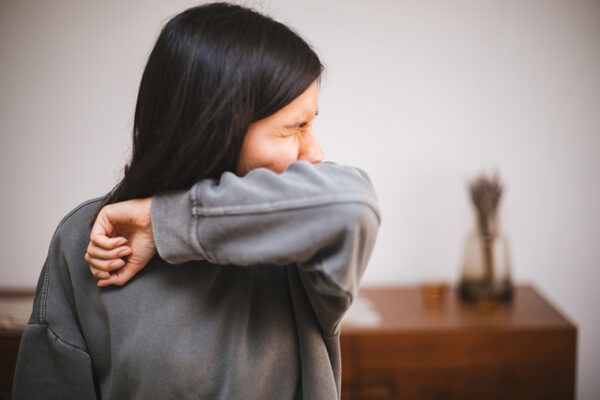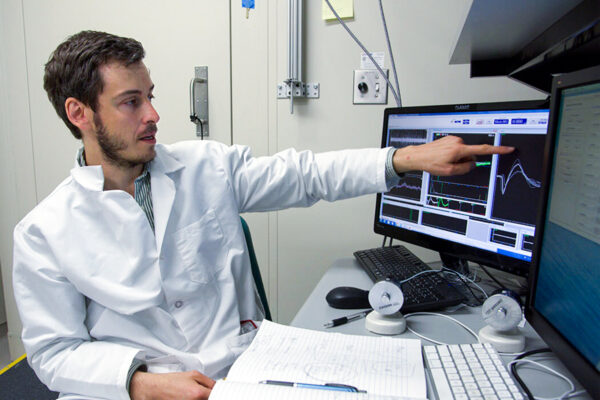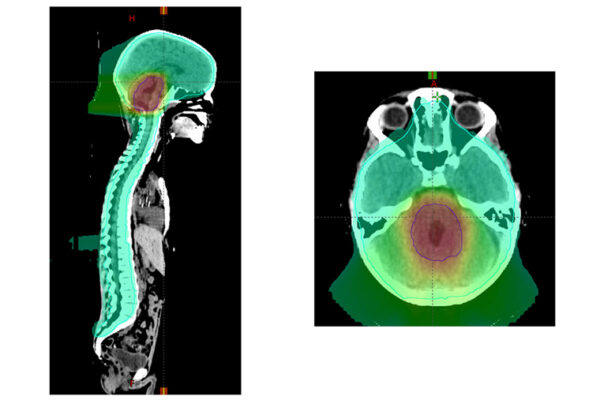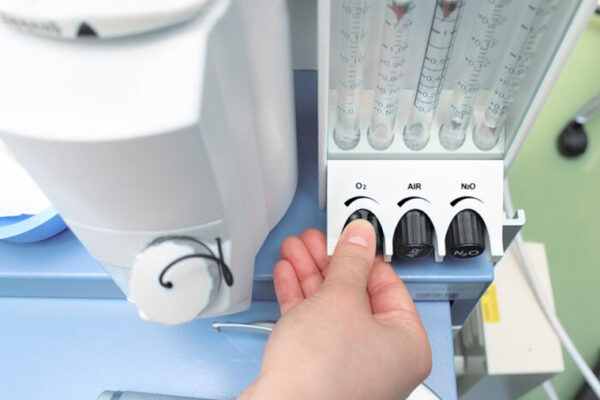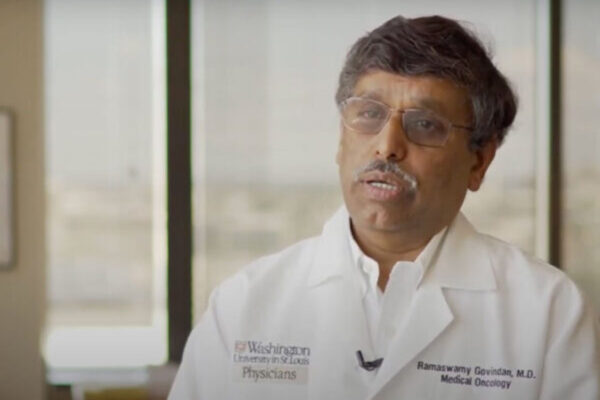Cheng honored for work to advance pain relief without adverse effects
Wayland Cheng, MD, PhD, assistant professor of anesthesiology at the School of Medicine, has received the 2021 Frontiers in Anesthesia Research Award from the International Anesthesia Research Society. The prestigious $750,000 award, which is given only once every three years, funds projects with an eye toward developing future leaders in anesthesiology.
School-based COVID-19 testing initiative focuses on vulnerable populations
Researchers at Washington University School of Medicine have received $8 million from the National Institutes of Health (NIH) for two school-based projects — one in St. Louis County and the other in Maryland — aimed at safely returning students and staff to in-person school.
What makes us sneeze?
A team led by researchers at the School of Medicine has identified, in mice, specific cells and proteins that control the sneeze reflex. Better understanding of what causes sneezing may point to treatments to slow the spread of infectious respiratory diseases.
Study finds brain areas involved in seeking information about bad possibilities
Researchers at Washington University School of Medicine have identified the brain regions involved in choosing whether to find out if a bad event is about to happen. The findings are published June 11 in Neuron.
Study sheds light on treatment options for devastating childhood brain cancer
A new study led by Washington University School of Medicine provides new guidance on the treatment of medulloblastoma, a pediatric brain cancer. Some aspects of radiation therapy may be reduced while still providing effective treatment.
Laughing gas relieves symptoms in people with treatment-resistant depression
Researchers at the School of Medicine and the University of Chicago have found that a single, one-hour treatment that involves breathing in laughing gas can significantly improve symptoms in people with treatment-resistant depression.
Big Ideas Competition winners announced
Six winners have been selected for the 2021-22 Big Ideas Competition award. The competition identifies and supports high-priority, novel projects from collaborative teams developing innovations in informatics and health-care delivery.
Global travelers pick up numerous genes that promote microbial resistance
New School of Medicine research shows that international travelers often return home with new bacterial strains jostling for position within the gut microbiome. Such travel is contributing to the rapid global increase and spread of antimicrobial resistance.
Newly approved drug effective against lung cancer caused by genetic mutation
The new drug sotorasib reduces tumor size and shows promise in improving survival among patients with lung tumors caused by a specific DNA mutation, according to results of a global phase 2 clinical trial. The study is led by scientists at the School of Medicine and other institutions.
Kommagani receives NIH grant
Ramakrishna Kommagani, assistant professor of obstetrics and gynecology at the School of Medicine, received a five-year $1.86 million grant from the Eunice Kennedy Shriver National Institute of Child Health & Human Development of the National Institutes of Health (NIH) for his research titled “Role of the Gut Microbiota in Endometriosis.”
View More Stories


